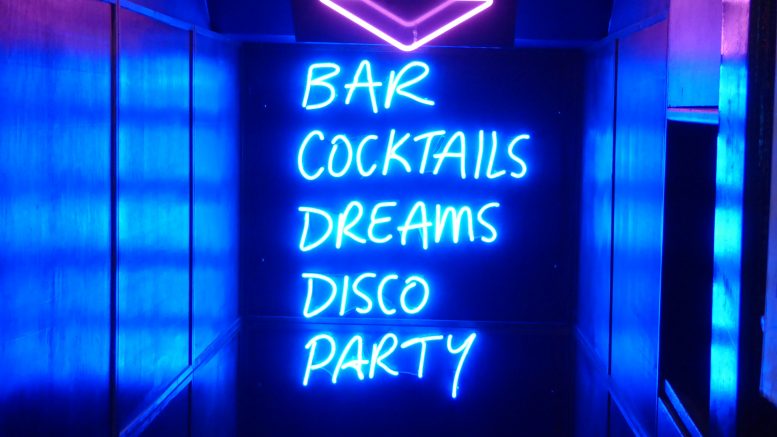London’s Soho is known for its vibrancy, vitality and vivaciousness. Within this eclectic world is the bubbling and energetic gay scene of the UK, blasting out anthems from Kylie Minogue to Diana Ross.
For generations, this part of London has played refuge to the LGBT community, offering a place where they feel at home, and have a sense of belonging. However, that mood seems to have shifted over the last few years, with more and more individuals saying that they have been denied entry, because they don’t fit the profile of being stereotypically ‘gay’ and because of racial bias.
Even denying a man entry because he had HIV medication on him.
Describing that the security seem to be the issue for a lot of these venues.
LGBTQ+ people have said that the community has a lot of internalised homophobia and racism to deal with, and over the past few years, the community has begun confronting this and taking action to change.
According to Stonewall in 2018, half of BAME LGBT people (51%) face discrimination in the LGBT community.
So are Soho’s clubs really safe and inclusive for the LGBTQ+ community anymore, or are they just for the few?
Flavia, 21, said: “They are very rude. They don’t even ask you to move, they just like push you, saying go there! It’s very physical.”
Tia Janowski, 21, said: “All we had done was knock over a table, they didn’t even check if we were okay, or what happened, they just forced us to leave immediately. When we tried to explain that we were using the table as a seat, because I have a pre-existing back condition, they refused to listen to me, and told me I was too drunk. When we left and stood nearby to wait for our friends, they told us we had to leave the premises, despite our coats being in the cloakroom.”
With these conditions, it makes nights out not so enjoyable. Leaving clubbers questioning whether they want to return to a place that’s suppose to celebrate them, and whether these venues are worth the hassle.
Sian Cooper, 26, said: “When we got the club, we were approached by a very condescending and intimidating security guard, asking us all sorts of irrelevant questions. He then let us in, saying he doesn’t do this often. It was almost like he was begging us to be grateful for his gratitude. It made me unsettled.”
Clubbers have urged venues to hire security who identify as LGBTQ+, or training should be in place for those hired by an agency, especially when they don’t identify with the community. Clubbers have said that they have been invalidated by bouncers for their gender identity, and bouncers have placed them in lines that don’t correlate to their identity. As a result of this, some have not gained entry.
It’s ironic that these venues are suppose to celebrate acceptance, individuality and validation, and provide a safe space for those who identify as LGBTQ+, however, they are met with antagonism, bigotry and intimidation. Suggesting that owners’ value profit over a safe and welcoming night.
Despite this, only a handful of the bouncers have been polite, whilst carrying out their job.
Flavia, 21, said: “I’ve had some good experiences, some are very nice, and if they recognise you, they’ll call you by your name, and welcome you.”
Huzayfa, 27, said: “The security guy who I know, always greets me and smiles when I go there.”
Nevertheless, this does not excuse their behaviour, and calls for action against this issue that plagues the very atmosphere of the venues.
Many of the people we interviewed, described that everyone going to these clubs are out for a good time, and are genuinely really happy. For them, this is a chance for them to escape reality, and come closer to a community that has endeavoured so much, and has only come to have greater acceptance and equality in society within the last ten years.
Calls for better security guards and policies need to be put in place for LGBTQ+ individuals to feel safe and accepted.
Once that’s achieved, queer venues will start to feel more like home, and the music and dance floor will feel more passionate and energetic than ever before.
Words by: Joe Benham | Sub-edited by: Valeria Vintimilla

